Michigan Just Days Away from Going Live with Online Wagering

Online sports betting operators are eagerly awaiting the green light from the Michigan Gaming Control Board (MGCB) to go live as the state’s gambling laws and competitive tax rates promise a lot of opportunities for them revenue-wise.
Going Live Anytime
Last week, MGCB executive director Richard Kalm said at the board’s monthly meeting that a decision regarding the approved operators such as DraftKings and FanDuel could be made anytime between then and January 19. From then on, operators would go through a period of 4 or 5 days of additional testing before being allowed to start accepting wagers.
Besides DraftKings and FanDuel which are expected to be among the first to commence online operations, 13 other operators were given provisional licenses by the MGCB in December and were allowed to launch their apps in the state, yet no bet can be placed without the app being given the final approval.
Competitive Tax Rates
Under Michigan law which has one of the lowest levels for taxation on sports betting, 8.4%, only licensed casinos, the 3 commercial in Detroit and the 24 tribal ones, have the right to offer online gaming and sports betting.
Consequently, each online gaming operator partnered with a land-based gaming facility to be able to apply for a license: FanDuel teamed up with MotorCity in Detroit, DraftKings partnered with Bay Mills Resort & Casino in Brimley, and Fox Bet signed a deal with Little Traverse Bay Bands of Odawa Indians, for their casinos in Petoskey and Mackinaw City.
Despite that the tax applied to online gaming revenues would be higher, in the range from 20% to 28% depending on the amount of revenue, compared to other states which feature prominently with online gambling like Pennsylvania where it is 36%, Michigan has the edge.
Michigan’s tax rates are comparable to the ones in New Jersey, which applies 8.5% on in-person sports betting and 13% on online bets, a competitive market which allowed the state to set a national record $6 billion bet in 2020, and 92% of the money wagered came from online channels.
Traditions in Sports
Besides replicating the ingredients which made other states successful like a sustainable tax rate, open competitive market and online registration, Michigan has a tradition in sports with pro teams in all 4 major sports leagues and 2 prominent colleges.
During the recent board meeting MGCB executive director Richard Kalm noted not all operators would be allowed to go live with the final approval, but more than 10 of them should be allowed to join by the end of the year.
Competition for sports bettors and online players in the state would not come only from licensed operators, some of the leading sportsbooks nationwide acknowledge, as offshore companies should not be taken out of the picture.
With 4 years experience as an analyst, Julie—or ‘Jewels’, as we aptly refer to her in the office—is nothing short of a marvel-worthy in her attention to the forex and cryptocurrency space as she quickly became the first pick to co-pilot education to the masses with Mike.

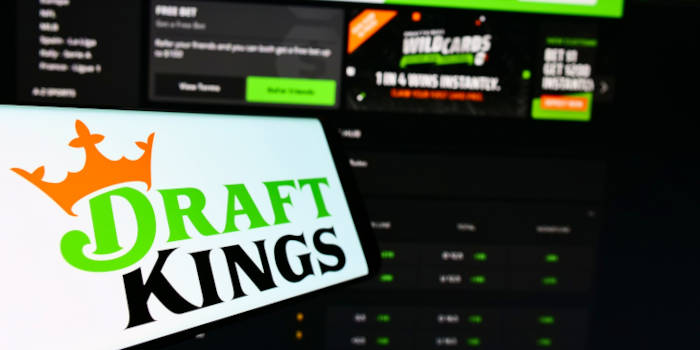




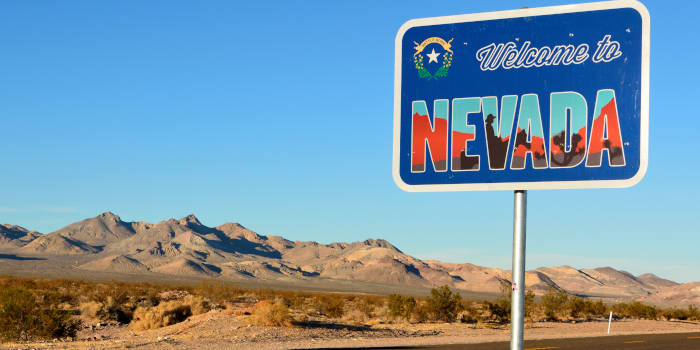



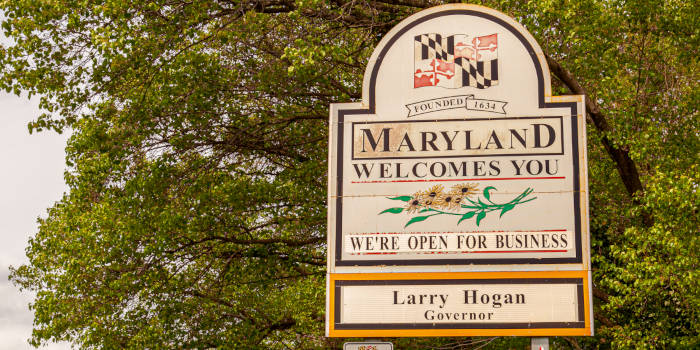
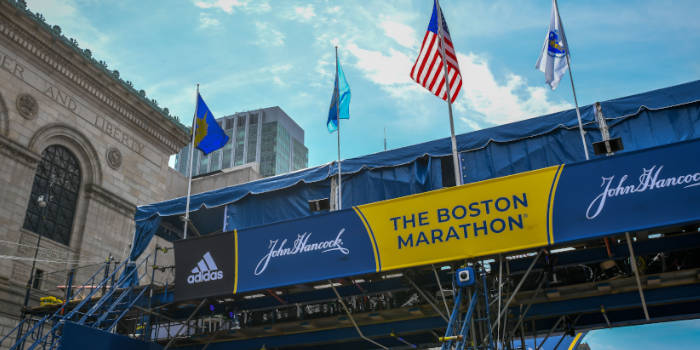
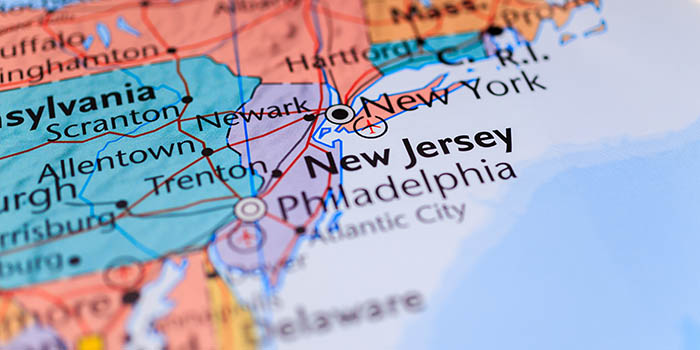


1 Comment
Better late than never, Been using Offshore for 10 years and all that money that the State could have been making